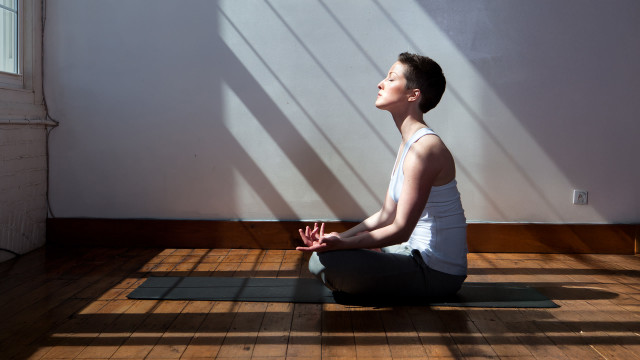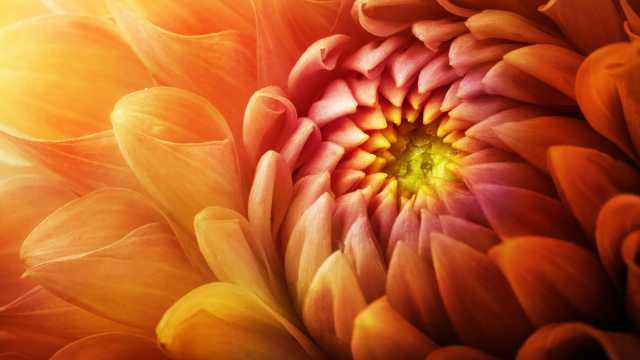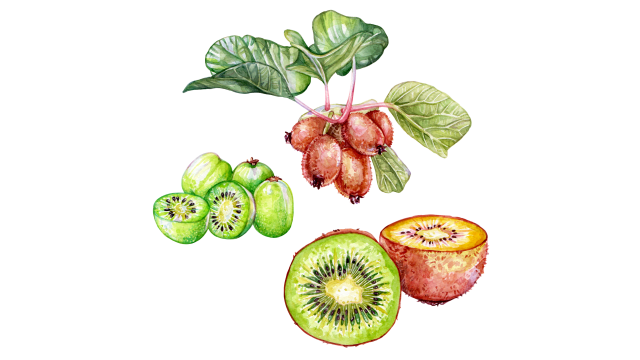Meditation is More Than a To-Do

To-do lists can be helpful. They remind us what we need to prioritize and provide satisfaction as we cross things off. But there's one thing that doesn't belong there: meditation.
Much Ado About the To-Do
Don't put meditation on your to-do list next to eating more kale and going to the gym. It won't happen, and then you're bringing the wrong energy to it. When we have these must-do items rooted in self-improvement, there is a tiny kernel rooted in self-hatred.
There is a sense of "I need to be better; there is something wrong with me." This is not to say that self-improvement isn't good. It's beneficial when understood as a tool to invite in more balance or as a pathway to better navigate the painful experiences that affect all humans.
But when we come at our self-improvement to-do list from feelings of unworthiness or experiencing some shame or thinking that if you do everything right, then someone will love you, it becomes dangerous.
It's a slippery slope. And by putting meditation on a to-do list, we're bringing energy to our practice that is not useful. It's rooted in a wrong view of our fundamental human nature, inherent goodness.
A Powerful Practice
I used to be a dedicated yoga practitioner, and I witnessed the spiritual, contemplative practice become a trendy gym exercise. I'm worried that will continue to happen with mindfulness — as the continued oversaturation of the practice may push people to meditate out of popularity.
It's a powerful practice, so if we're coming at it with this sense of unworthiness and this idea that it's going to fix us, we're possibly creating conditions where we're increasing that negative energy and the awareness of that specific thought pattern.
From there, we can spiral and get dark pretty fast.
Here's the great thing about mindfulness: It's already part of your life. I don't teach anyone how to be mindful because we already know how to do it. Mindfulness reminds us to be present and that we have a magical, breathing body.
Adding Meditation Without the List
Suppose you want to incorporate meditation into your routine. I recommend looking at what you're already doing every day that is somewhat quiet and mindful — and then expand on the length and scope of the action.
For example, if you're a person who has a dedicated coffee practice where you grind the beans, get the water just right, and pour with intention, guess what? That's a mindfulness practice! Focus on just that, and don't do it with a podcast going or in between checking email.
When you're done, sit down and enjoy your coffee. That's mindfulness, and that's what's so great about it — it's that portable.
This is a healthier way to approach the practice than adding it to your to-do list. Meditation is transformative — and it's not something to beat yourself up over, begrudgingly fit into the day, or check off a list.
Try this class, Guided Dance to Release Tension, by meditation teacher Jay Vidyarthi, to experience mindfulness in your daily routine.
Header photo: PeopleImages/E+/Getty Images





